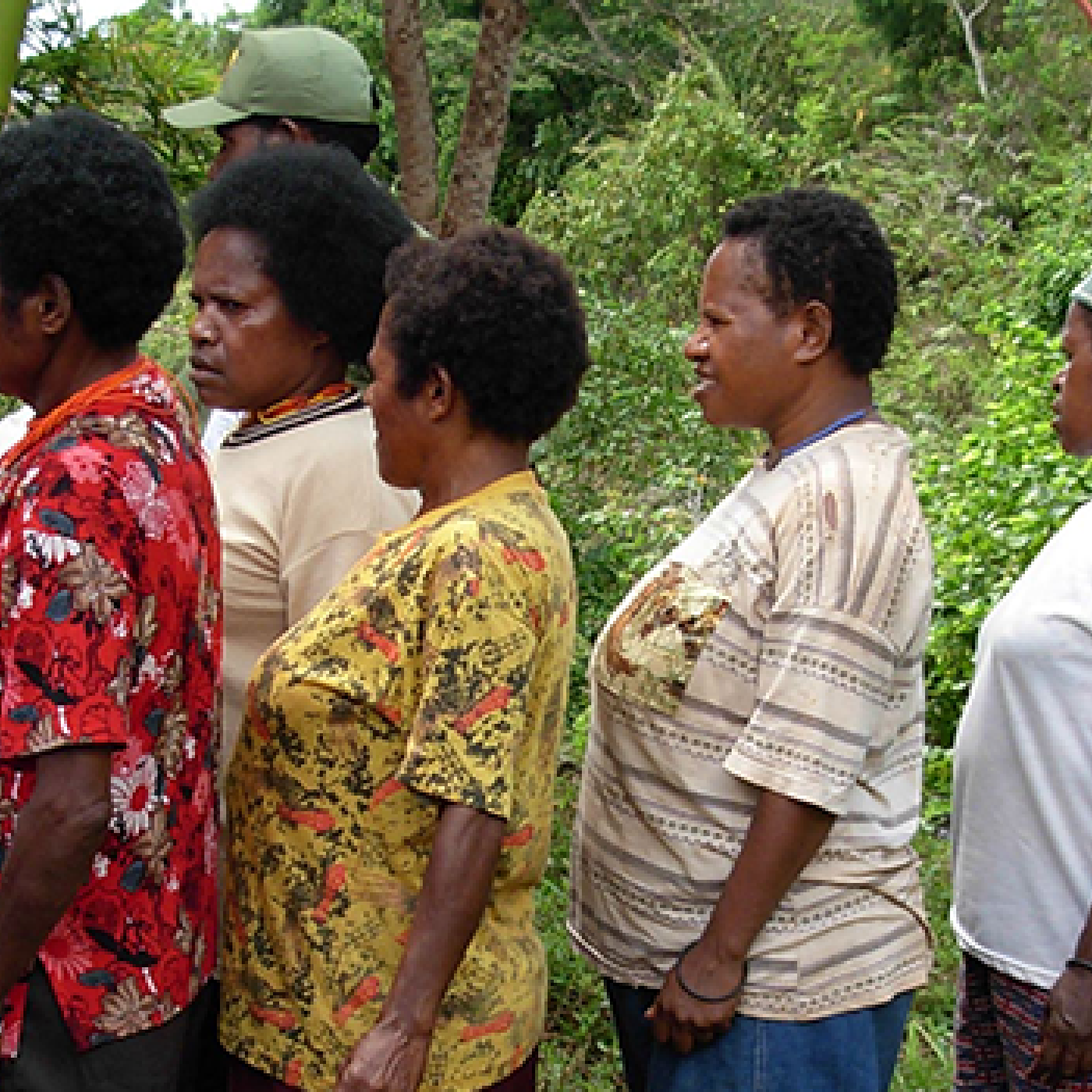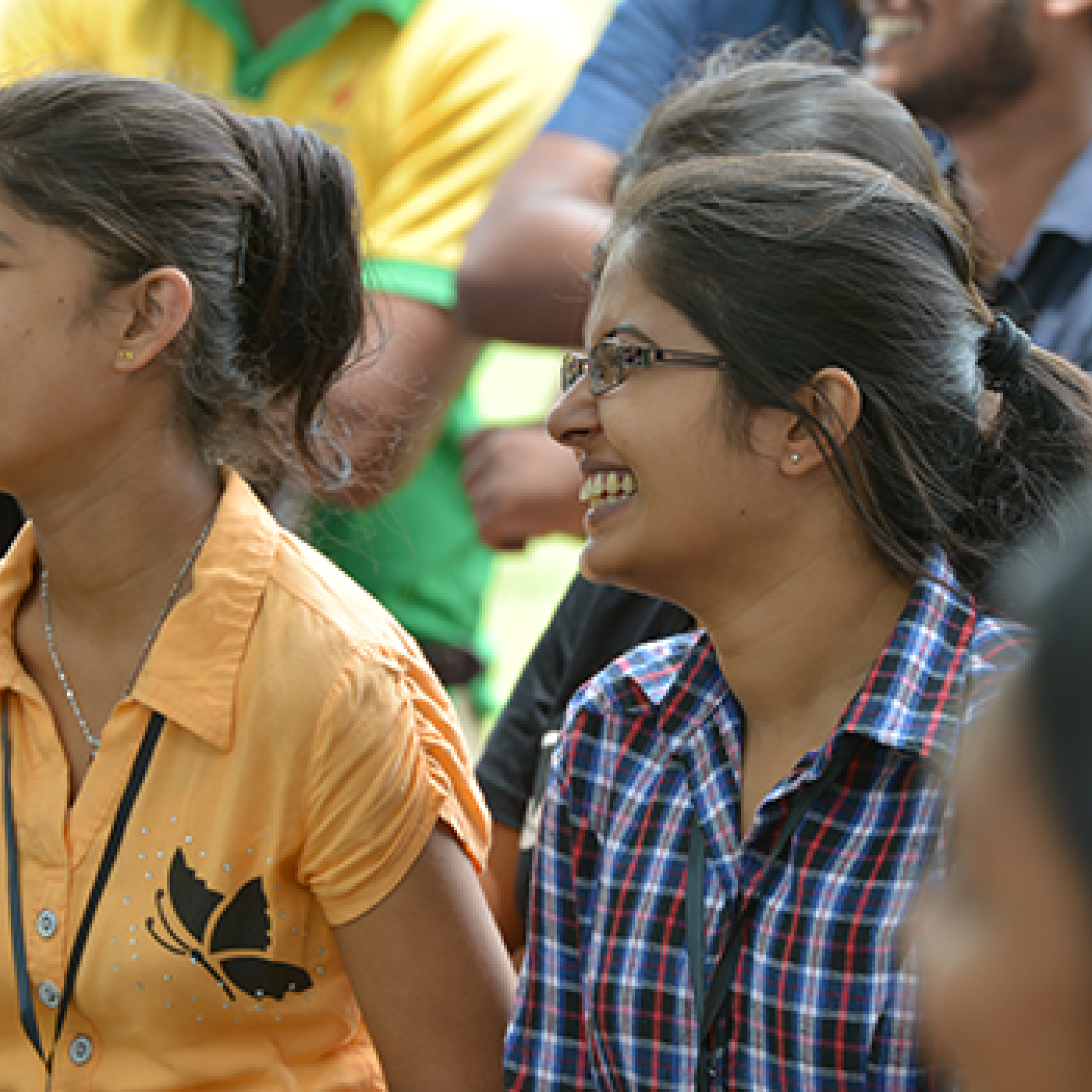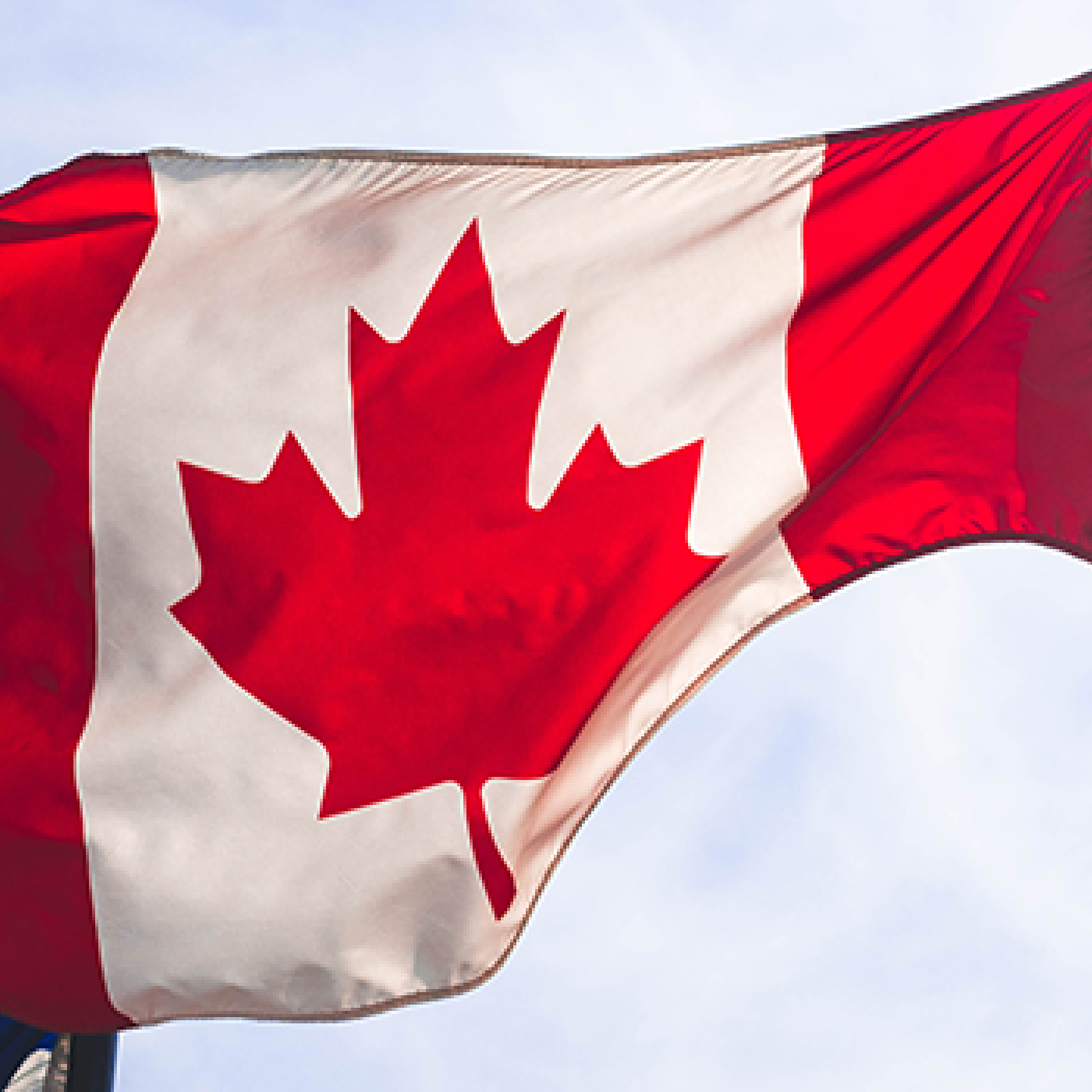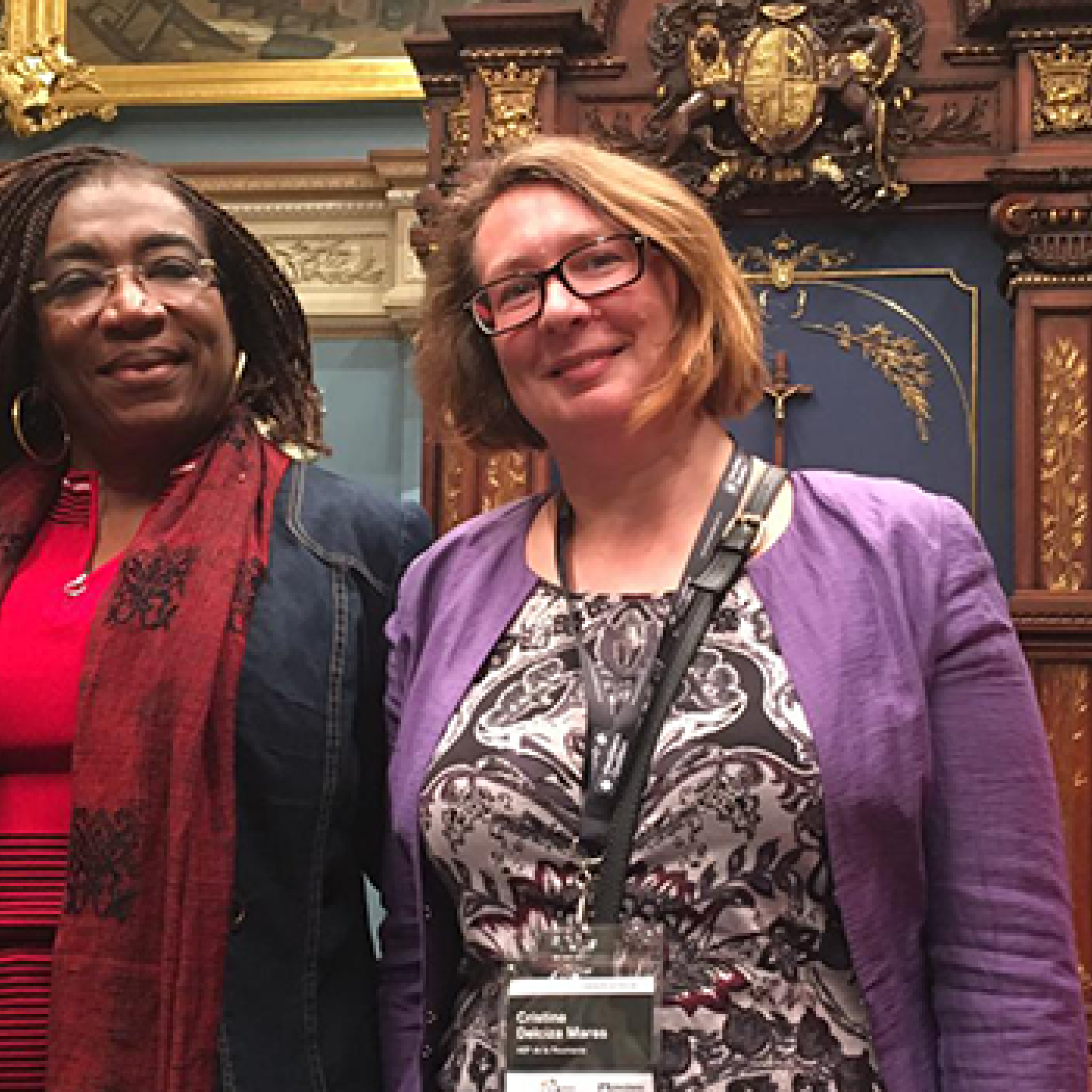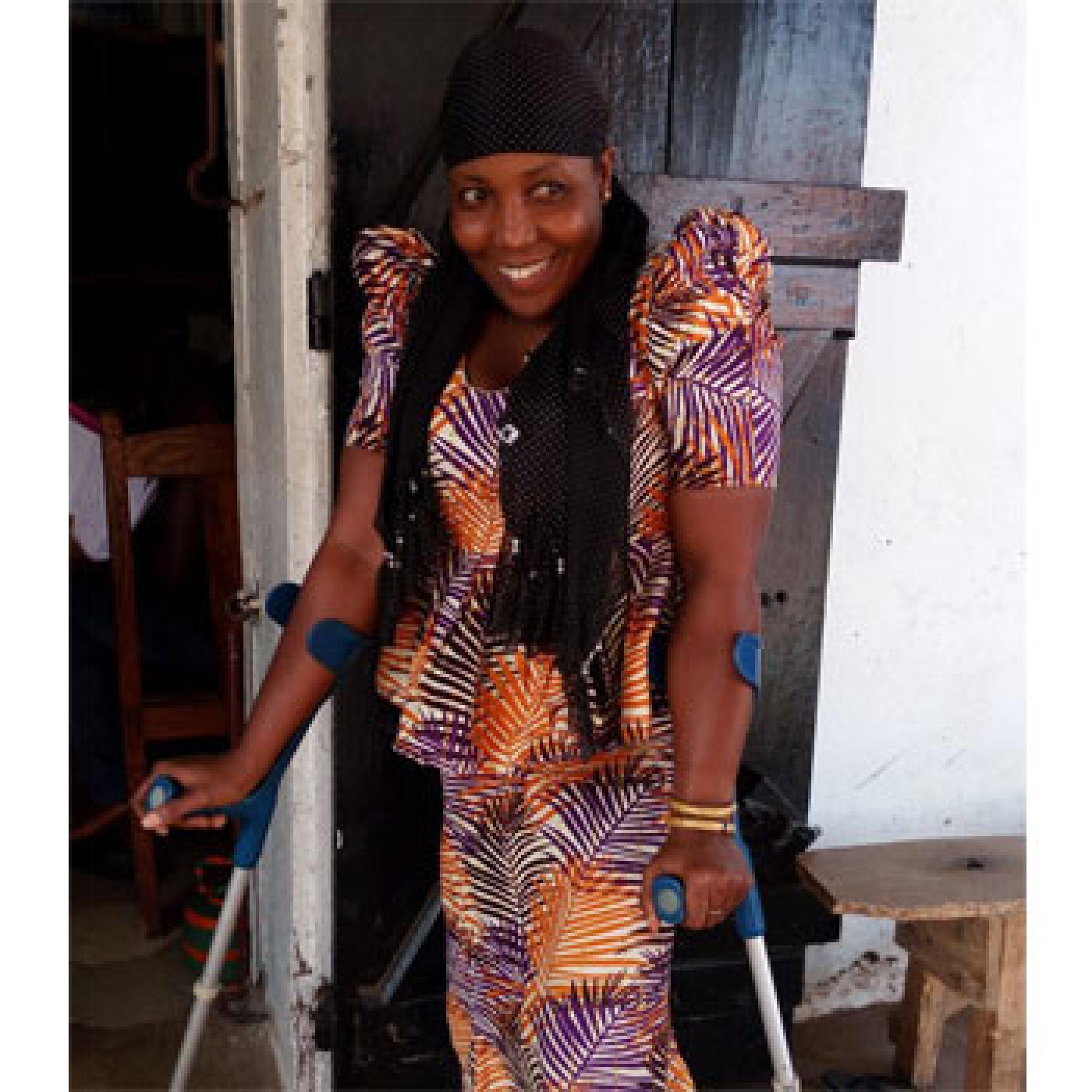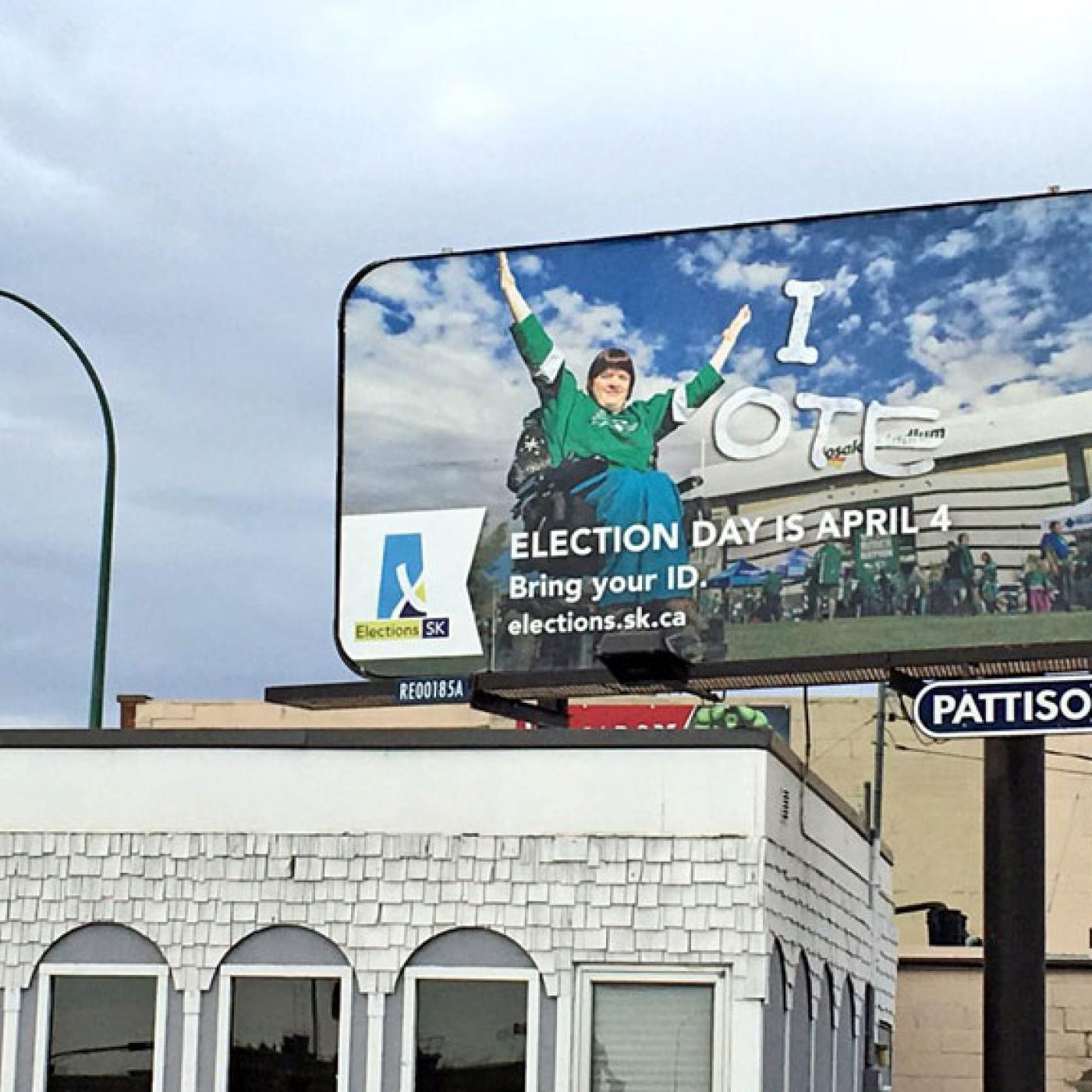Tools & Resources
Filter by
Type
Publication date
Language
Type
Publication date
Language
News & Updates
Feature
IFES' Approach to Supporting Indigenous Political Rights
To better inform policy discussions, IFES facilitates comparative research and dialogue on challenges and innovation in elections and the rights of indigenous peoples. IFES also assists countries to meet United Nations Declaration on the Rights of Indigenous Peoples standards by holding inclusive national and local elections that respect language and traditional political institutions and practices.
News & Updates
Feature
IFES Celebrates International Women's Day 2019
To build a sustainable, inclusive democracy, women must be able to equally and meaningfully participate in public life as voters, candidates, election officials and in a variety of other roles. On this International Women’s Day, IFES stands with women’s activists and leaders around the globe to #BalanceForBetter to build a more gender-balanced world.
News & Updates
Interview/Speech/Testimony
IFES Testifies to Canadian Parliament on Engagement in International Democracy Assistance
On February 22, IFES Gender Advisor Dr. Gabrielle Bardall submitted written testimony to the Canadian House of Commons Standing Committee on Foreign Affairs and International Development, calling the government of Canada to champion inclusive democracy building around the world.
News & Updates
Feature
Quebec’s Historic 2018 Elections and the Network of Francophone Election Administrators
IFES was honored to participate in an international visitors’ program on the occasion of Quebec’s 42nd general elections from September 28 to October 3, in Quebec City, Canada. The 2018 elections marked a historical shift in the Quebecois political landscape.
News & Updates
Feature
IFES Celebrates International Day of Persons with Disabilities
The annual International Day of Persons with Disabilities, held on December 3, commemorates the human rights of persons with disabilities. This year we also celebrate the 10th anniversary of the United Nations Convention on the Rights of Persons with Disabilities (CRPD).
News & Updates
Feature
Fatoumata Camara Discusses Advocating for Persons with Disabilities in Guinea
Fatoumata Camara, a Guinean with a physical disability, is the Deputy Coordinator for the Association of Persons Living with a Disability of Mamou, Guinea. In this Q&A, Camara discusses barriers to electoral and political participation that Guineans with disabilities face, the role of civic education in reducing those barriers and major accomplishments of the disability rights movement in Guinea.
News & Updates
Feature
Increasing Election Access for Saskatchewan Citizens with Disabilities
Saskatchewan, a large prairie province in central Canada, is home to more than 180,000 persons with disabilities. Elections Saskatchewan – which is responsible for managing the province’s elections – used feedback from disability rights organizations, the International Foundation for Electoral Systems (IFES) and the Johnson-Shoyama Graduate School of Public Policy to improve election accessibility for voters with disabilities in the province’s 28th general election, which occurred on April 4, 2016.
News & Updates
Feature
IFES Observes Voting on First Nations Reserves in Saskatchewan, Canada
On April 4, 2016, voters in Saskatchewan, Canada went to the polls to elect 61 Members of the Legislative Assembly (MLA) to represent their constituencies on the provincial level. IFES was invited by Elections SK to observe voting in new polling stations on First Nations reserves outside of Regina, the province’s capital, and La Ronge, a community in central Saskatchewan.
Election FAQ
Elections in Guinea: 2015 Presidential Elections
On October 11, citizens of Guinea will head to the polls to vote in their country’s second democratic presidential election.
Publication
Brochure/Fact Sheet
Guinea: Support Political and Electoral Processes
Guinea held a legislative election on September 28, 2013, after six years of delays attributable to a variety of factors, including a military coup d’état. This election, despite being preceded by a series of violent demonstrations, was conducted peacefully, and was widely considered a positive step in Guinea’s democratic transition. Challenges persist, however, that must be addressed prior to the presidential election that is currently scheduled to take place in 2015. The Independent National Electoral Commission (CENI) continues to struggle to demonstrate the institutional and operational capacity necessary to administer elections in a credible and transparent manner and the promotion of electoral reform is further inhibited by a generally weak understanding among citizens of democratic principles, electoral processes, and decentralization.
January 28, 2015




